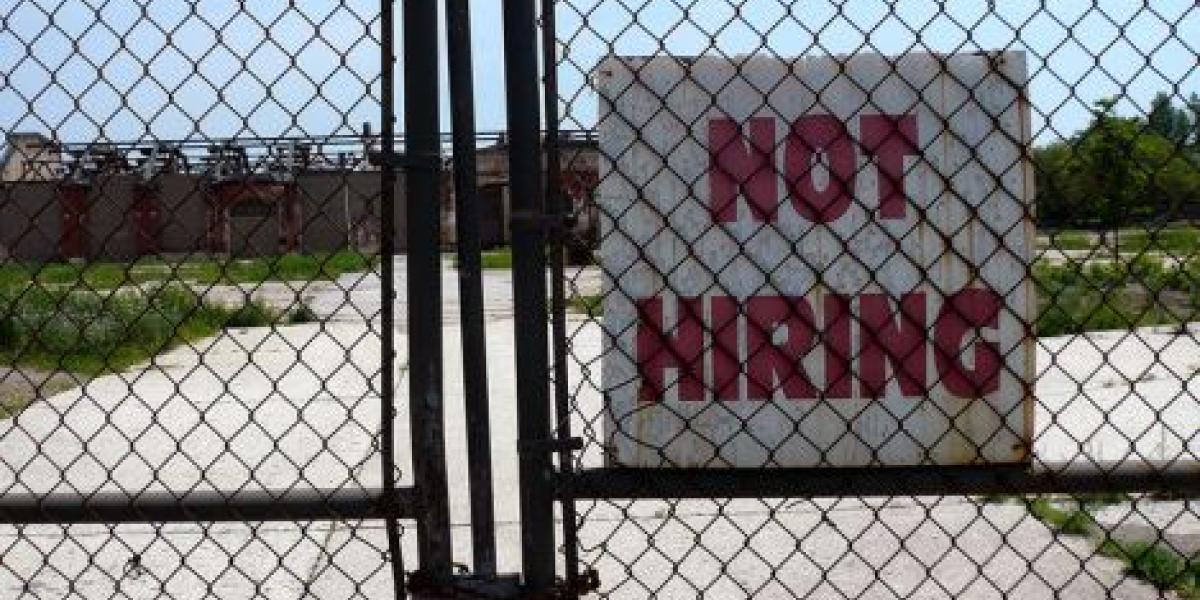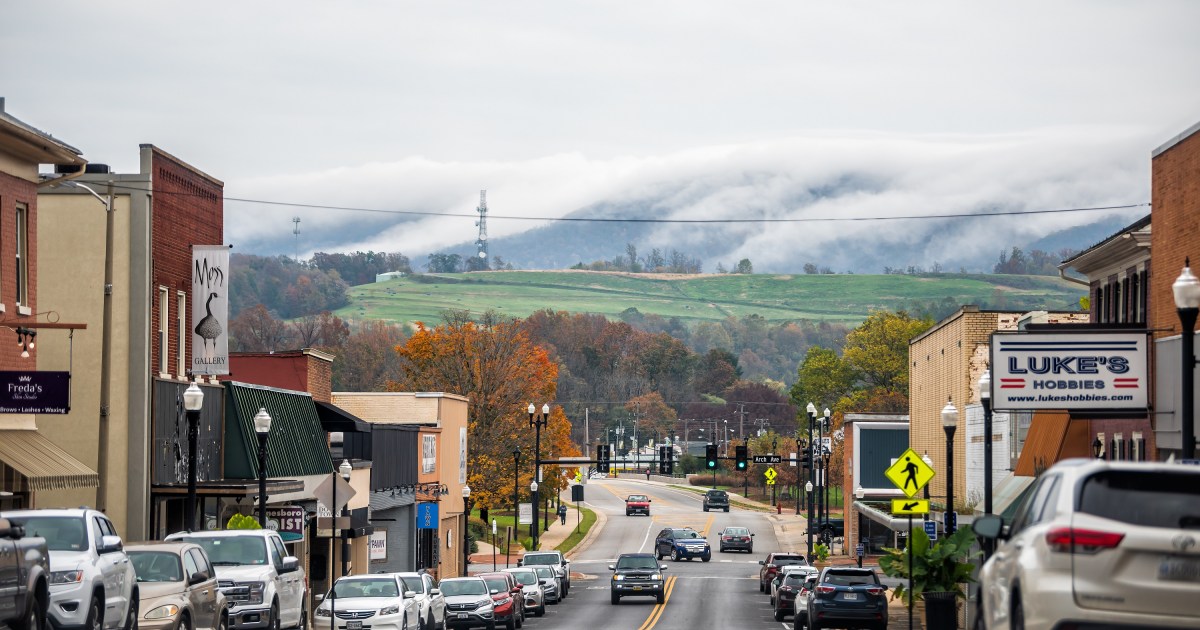workers who will not raise the bottom line by at least their cost go unemployed. You simply handwave away the existence of such workers but that doesn't make them go away.
So what? I don't think you're right, but if you were, why would it be a major problem?
Unemployment is perfectly OK. We consider it to be the default status for most children, most elderly people, the wives of traditionalist men, etc., etc., so why is it suddenly a showstopper if it's also the default status of people who are utterly incapable of doing useful work?
Just provide for those who can't work, and the "problem" disappears.
You'll get a degenerating spiral where fewer and fewer work. It's going to crash.
Do you? Is that what happened to all the women with jobs, that they realised that they could get out of work by marrying traditionalist men?
It's vaguely possible that you're not wrong, but I am going to need more than your word for it before I will believe it.
If people don't need to work in order not to starve, most of them end up working anyway, if they can.
The entire women's liberation movement started when two world wars demonstrated to a large pool of unemployed people that employment was an option for them.
The degenerating spiral is what happens when people are taking lower and lower pay, until they're both poor and overworked. Then
they crash.

mises.org


